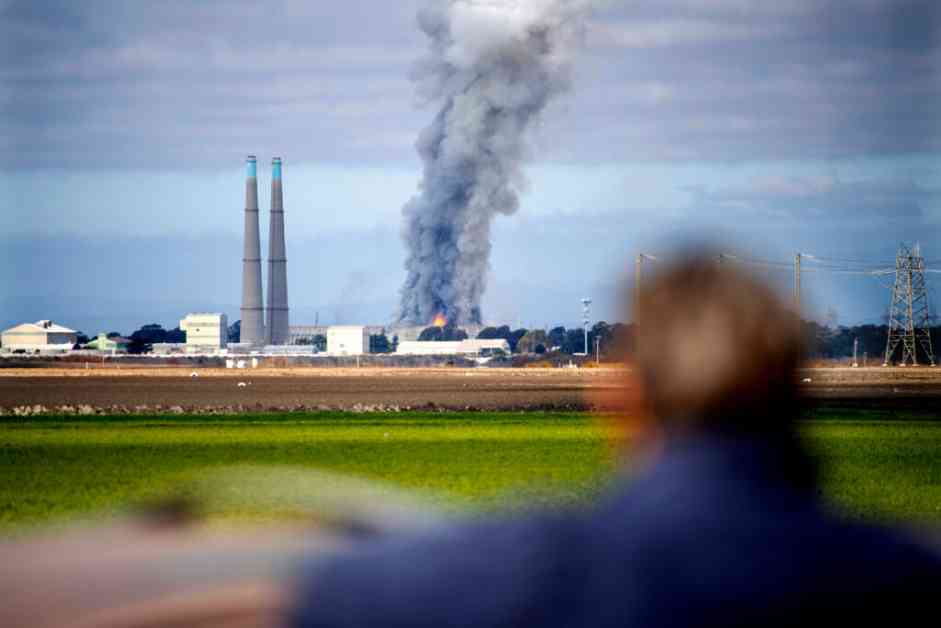The Trump administration decided to cancel a bunch of federal grants for energy and environmental research, totaling billions of dollars. Dustin Mulvaney, an environmental studies professor at San Jose State University, got hit with the bad news that two federal grants he was part of were axed. Both grants were related to Moss Landing, California, a community dealing with issues like fires and a battery energy storage project.
Mulvaney expressed his disappointment at the loss of these grants, which were crucial for understanding public controversies surrounding water and energy projects in the face of climate change. One grant from the National Science Foundation and another from the Environmental Protection Agency were intended to shed light on environmental justice implications and community attitudes about energy storage projects.
The cancellation of these grants not only affected Mulvaney but also led to layoffs for four of his graduate students, who lost their research assistant positions. This setback not only deprives them of valuable experience but also hampers their chances of securing better jobs in the future. Mulvaney criticized the lack of support from San Jose State University in the wake of the cancellations, feeling that the university was indifferent to their plight.
The research conducted by Mulvaney and his team was essential for understanding the lessons learned from Moss Landing’s experience with transitioning away from fossil fuels. Despite initial hopes for the battery energy storage project to be a success, recent fires and reports of pollution have tainted its reputation. The research aimed to delve into community attitudes towards these projects and the shift away from fossil fuels, providing valuable insights that may now be lost.
Alida Cantor, a geography professor at Portland State University, led the team involved in the canceled grants and is still trying to make sense of the sudden end to their years of work. She emphasized the need to understand local opposition to renewable energy projects to minimize harm and communicate the benefits effectively. Cantor is exploring options to appeal the cancellations with the support of Portland State University.
In the midst of this turmoil, other stories in the energy transition space have emerged, including Congress’s move to repeal clean energy tax credits, efforts to restrict wind energy development in Montana, and General Motors’ development of a new EV battery. These developments highlight the complex landscape of the energy sector and the challenges faced in transitioning to cleaner sources of energy.
The abrupt cancellation of federal grants for energy and environmental research has sent shockwaves through the academic and research communities, leaving researchers like Mulvaney and Cantor grappling with the loss of valuable resources and opportunities. The impact of these cancellations extends beyond just the individuals involved, affecting the broader understanding of critical issues in the energy and environmental fields. As they navigate this uncertain terrain, researchers and policymakers must find ways to continue their important work despite the challenges they face.














